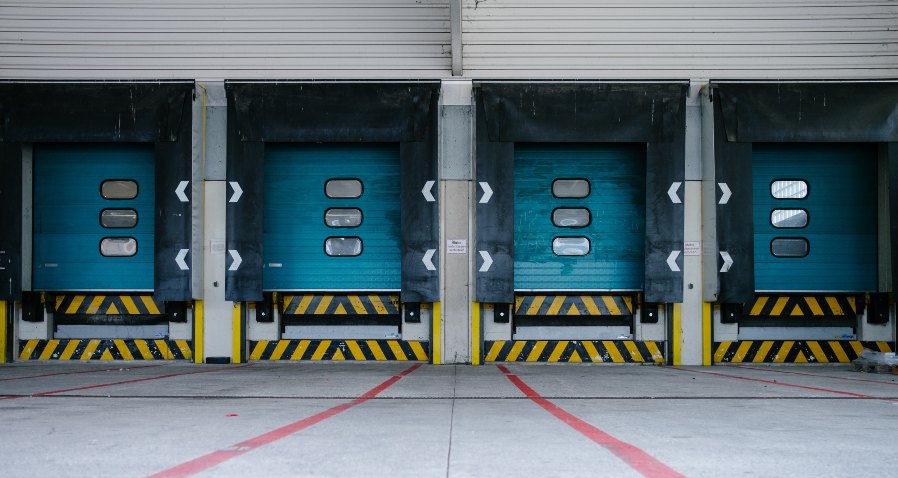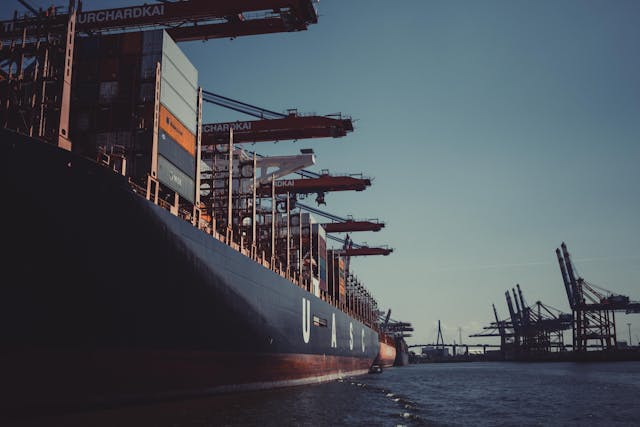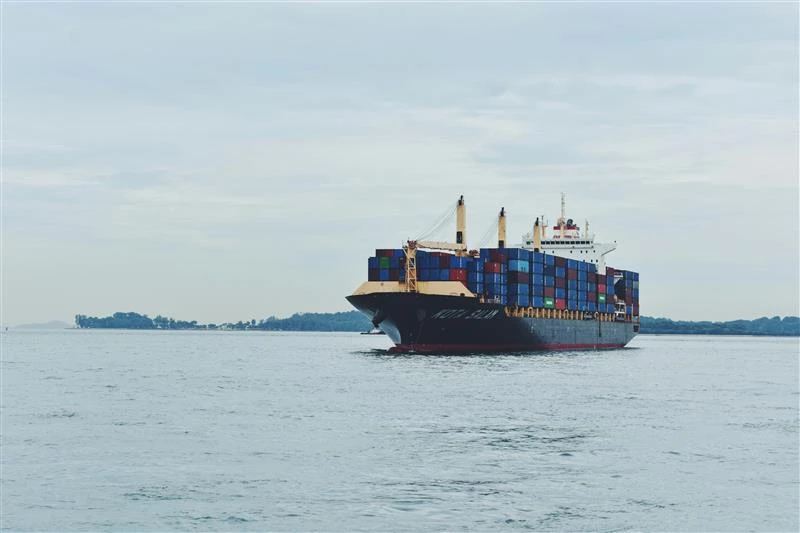Building on the strong economic recovery achieved over the past year, Vietnam is now hoping to translate this success into its logistics industry. Although Vietnam currently ranks 11th in the 2022 Emerging Market Logistics Index as per a report from Vietnam Plus, the logistics sector still needs to address certain challenges preventing the full realization of its potential.
Specifically, the Vietnamese logistics sector will need to bolster investments in infrastructure, which will help maximize its operational capabilities and promote industry-wide development.
The Current Landscape of Vietnam’s Logistics Industry
While the statistics reflect the impressive growth of the Vietnamese logistics market, the current landscape remains largely undeveloped and fragmented due to several factors, like high costs and low activation among domestic companies. To overcome such obstacles, the industry will need to first invest in infrastructure as it will serve as the foundation for future successes in the logistics sector.
To catalyze the maturation of logistical infrastructure in Vietnam, the entry of domestic and international investments will play a significant role in accelerating development. To achieve this, Vietnam will need to explore modern logistics where it can leverage smart technology solutions, which introduce automation and digitalization of processes.
In the YCP Solidiance white paper “Transforming Saudi Arabia into the Middle East’s Logistics Powerhouse,” the challenge of modernizing logistics in regard to infrastructure and possible smart solutions to address this barrier is also discussed. Smart technology solutions like robotics and artificial intelligence (AI) may be applied to logistical infrastructure as they can improve the management of warehouses, labor, and transportation. While these solutions were discussed in the context of Saudi Arabia and the Middle East, a similar framework can be applied to Vietnam as both countries face similar issues regarding logistical infrastructure.
For instance, by utilizing robotics, logistics players are offered several advantages, namely, (1) automation of processes which increases operational efficiency, (2) reduced reliance on labor, thus translating to better manpower management, and (3) lower costs in the long term. Moreover, other solutions like AI may also be applied to logistical infrastructure as it provides operators with data-driven, actionable insight that better informs business decisions in areas like warehouse management, application programming interface (API) integration, end-to-end tracking, etc.
The integration of smart technology solutions into Vietnam’s logistics infrastructure landscape will not only keep the industry competitive and advance development, but more importantly, it will attract potential investors as it reflects that Vietnam is on the forward track to modernization. Thus, tech companies and solution providers should proactively explore business opportunities in Vietnam as the logistics industry will be open to potential partnerships.
Moving forward, to capitalize on the potential of Vietnam’s logistics industry, the involved parties must continue to bolster infrastructure investments as it will facilitate growth opportunities. The path to advancing logistical infrastructure in Vietnam is one that will have barriers, but there are several solutions available, like smart technology. In the coming years, players should expect industry-wide development in the logistics sector wherein profitable business opportunities will also emerge.
To get insight into business trends that are relevant to the logistics sector and related industries, subscribe to our newsletter here and check out these reports:







